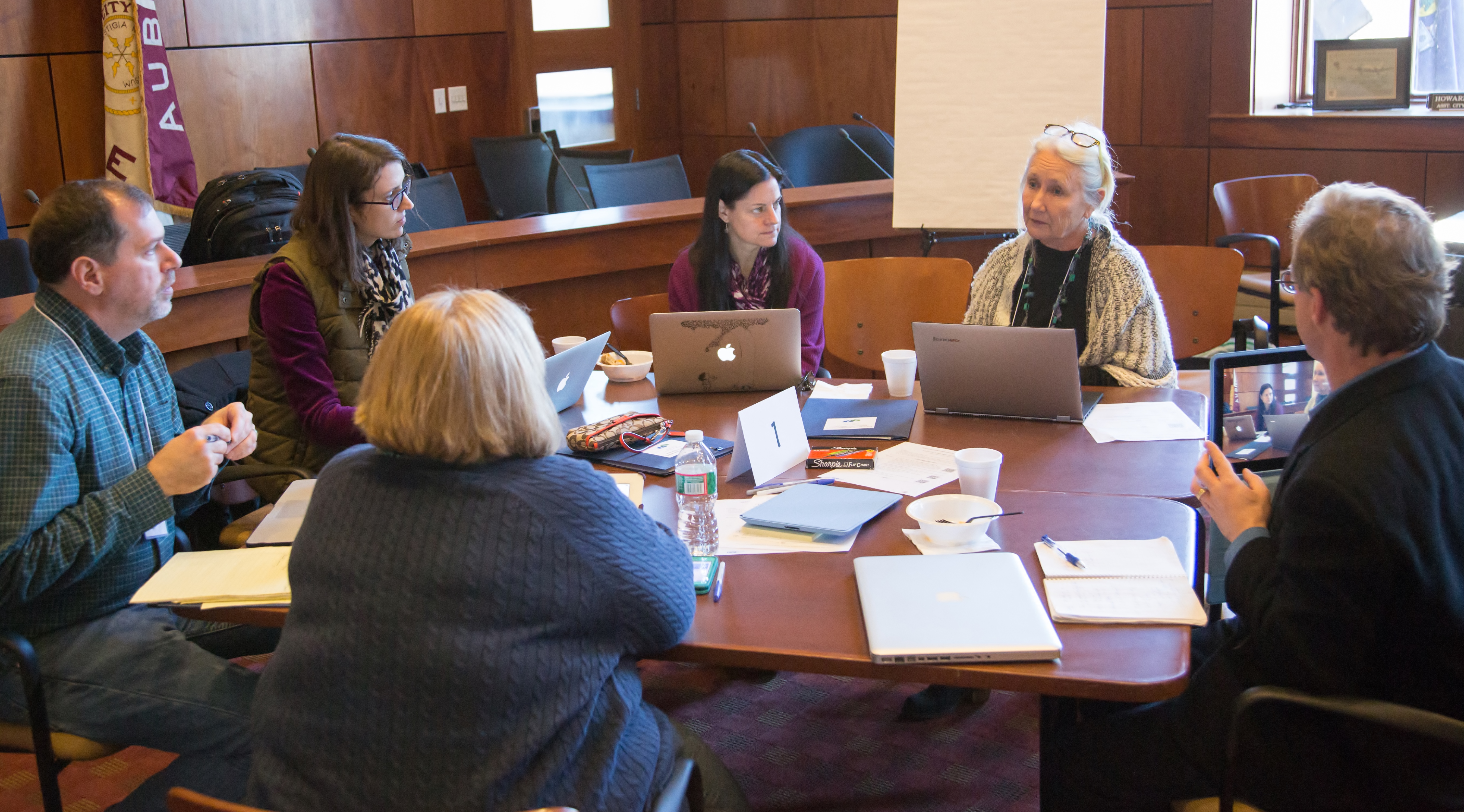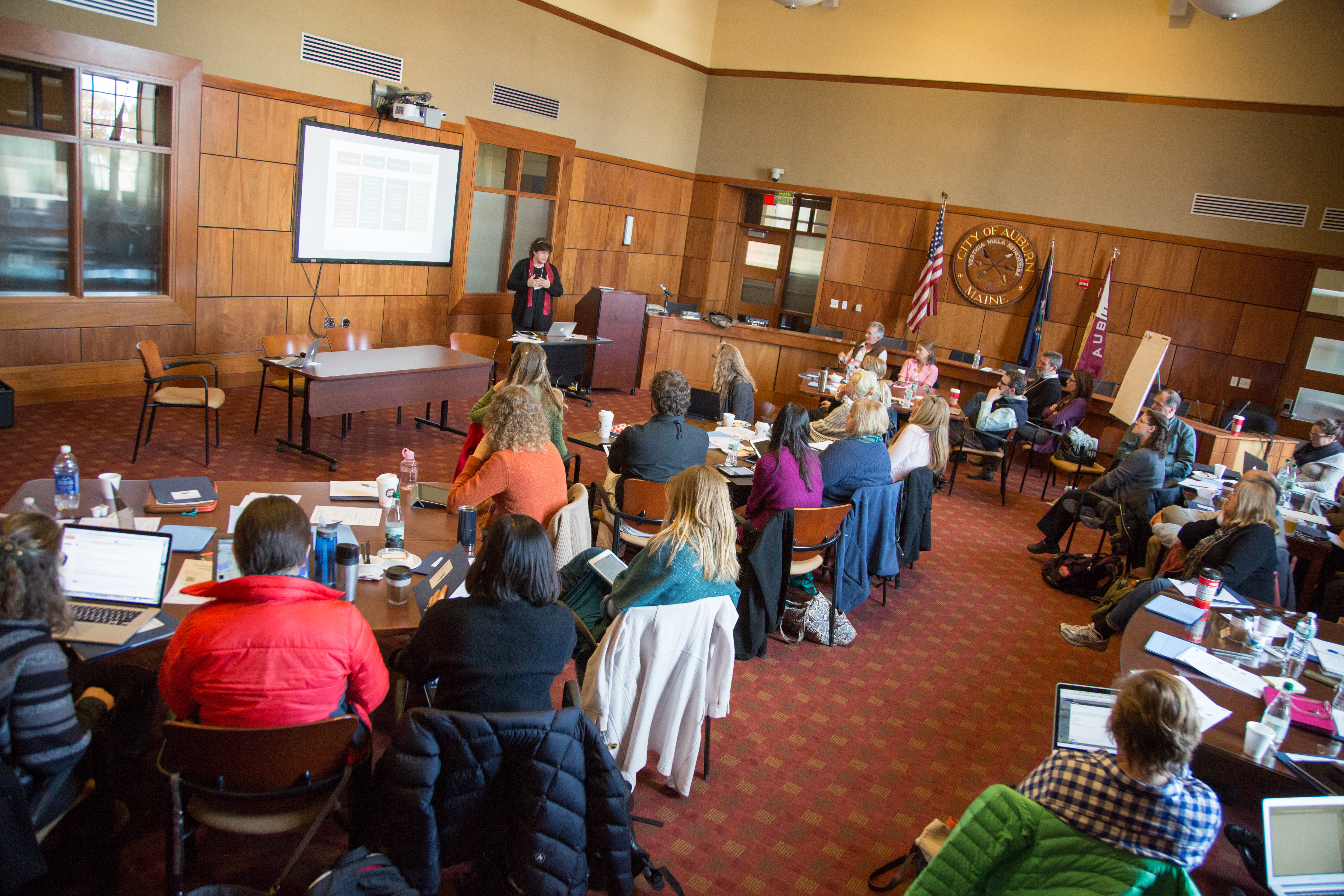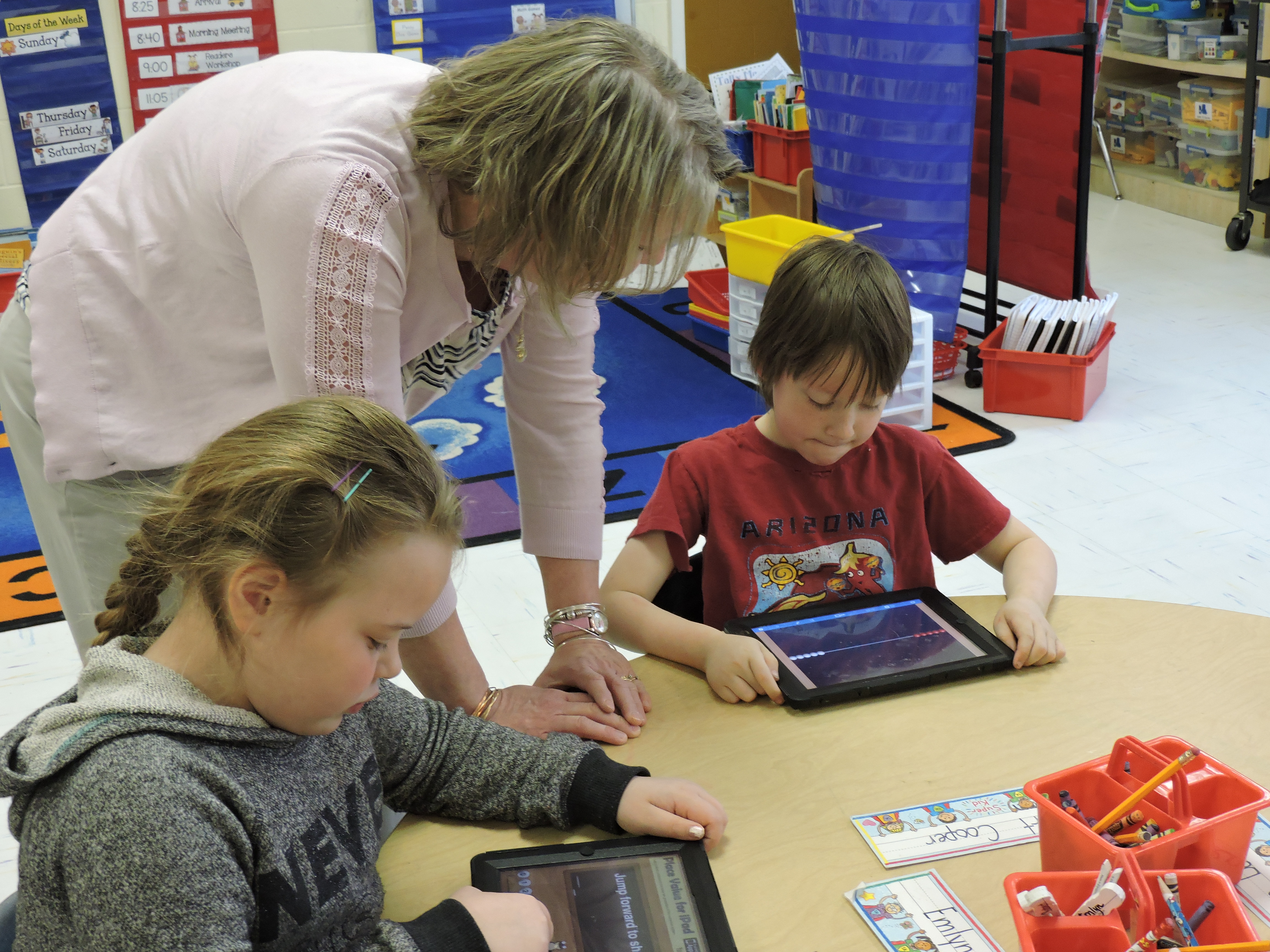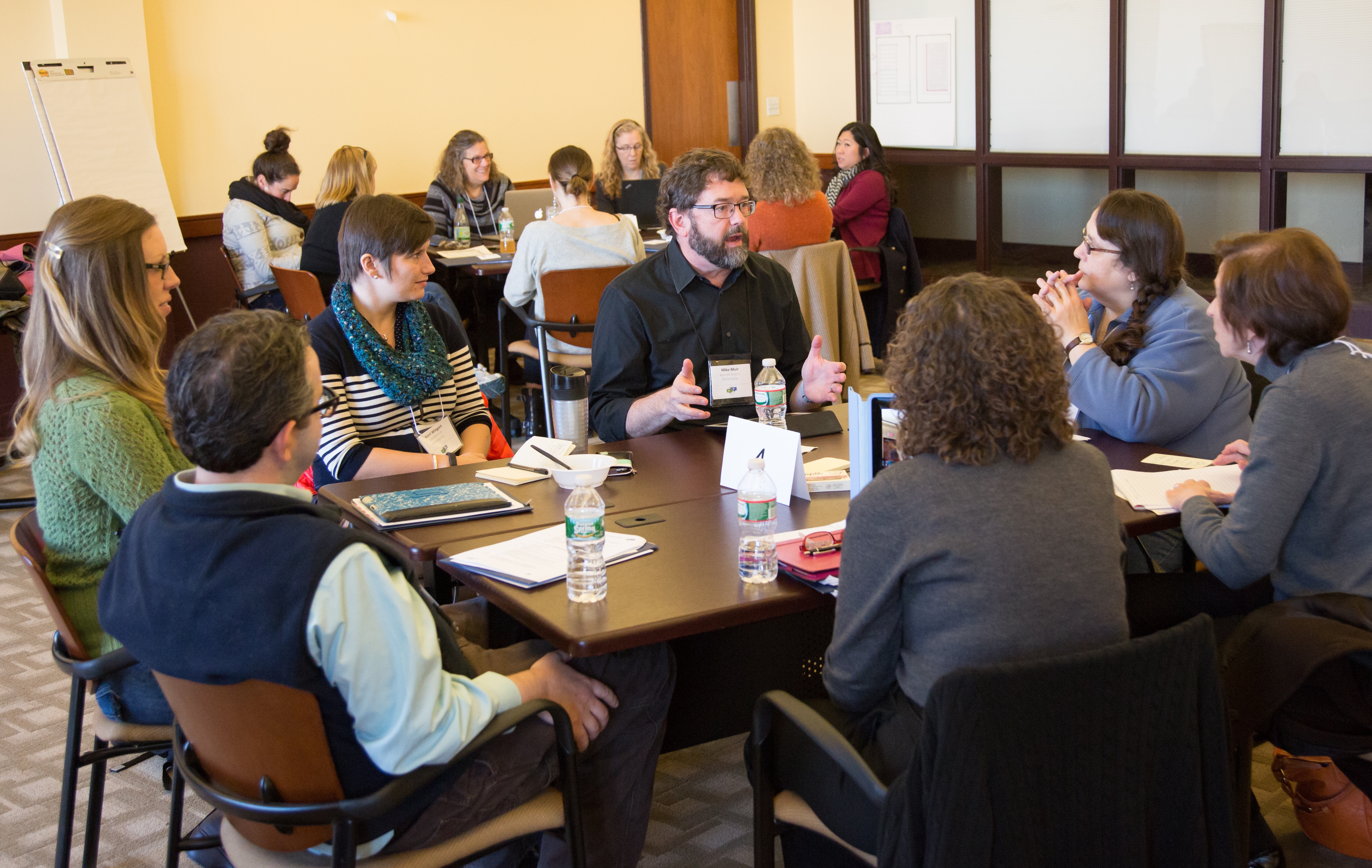Briefs
Interactive STEM briefs are created within the context of a research and practice collaboration focused on early mathematics learning and teaching improvement in schools and classrooms with 1-to-1 mobile tablets. The conceptualization, creation, testing, and revision includes contributions by teachers, school and district leaders, mathematics education faculty, researchers, and project personnel. Because these briefs are developed in the context of Design-Based Implementation Research, or DBIR, they continue to undergo multiple stages of testing and revision.
Screencasting and Early Mathematics Learning
As mobile technologies become more common in elementary classrooms, screencasting offers opportunities to support and strengthen learning and teaching in early mathematics. This brief describes the potential that screencasting offers for supporting early elementary mathematics learning.
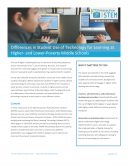
Differences in Student Use of Technology for Learning at Higher- and Lower-Poverty Middle Schools
The use of digital computing devices in classrooms is becoming ubiquitous and an essential part of 21st Century learning. However, the research summarized in this brief suggests that greater or equal access to technology does not necessarily result in equitable learning opportunities for students. Survey data collected during the 2010/2011 school year from middle school students throughout Maine indicate that students in higher-poverty schools used technology for learning in ways that were different from students in lower-poverty schools. In particular, students in higher-poverty schools reported fewer opportunities to develop higher-order thinking skills (such as collaboration, informational synthesis, and presentation) with technology compared to their peers in more affluent schools.
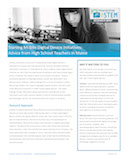
Starting Mobile Digital Device Initiatives: Advice from High School Teachers in Maine
The research report summarized in this brief shares findings from a survey of teachers in three Maine high schools. The research highlights lessons teachers learned in their initial efforts to implement 1:1 iPad® mobile digital devices. The report findings include information about how teachers used devices in their classrooms and in their practice, teachers’ views of implementation benefits and challenges, tips for use, and observations of impacts on students.
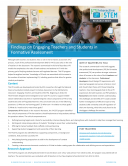
Findings on Engaging Teachers and Students in Formative Assessment
The research summarized in this brief describes a professional development (PD) model that emphasizes the roles of both teachers and students in formative assessment (FA) with the primary goal of helping students become self-regulated learners. This PD program helped strengthen teachers’ knowledge of FA and was associated with increases in the number of teachers implementing FA, including practices that allow for greater student participat
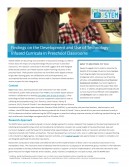
Findings on the Development and Use of Technology-Infused Curricula in Preschool Classrooms
The research summarized in this brief suggests that well-designed tablet-based activities can improve student learning outcomes at the preschool level.
Mathematics in the Early Grades: Operations & Algebraic Thinking
This brief describes the concepts and skills involved in helping K-2 children demonstrate and expand their ability to understand, represent, and solve addition and subtraction problems, laying the foundation for operations using multiplication.
Mathematics in the Early Grades: Counting & Cardinality
This brief covers the key concepts and skills involved in meeting the Common Core State Standards in the domain of counting and cardinality.
Productive Struggle in Mathematics
Through productive struggle, students are willing to abandon one strategy for another to try to make sense of a problem.
Supporting Mathematical Discourse in the Early Grades
Successfully implementing mathematical discourse requires teachers to drastically shift away from traditional teacher-centric practices.
Mobile Technology and Mathematics Learning in the Early Grades
The availability of a vast array of touchscreen mobile technologies holds promise for more widespread and tailored use of technology for learning in K–12 learning environments, yet questions remain about the best ways to leverage those technologies.


